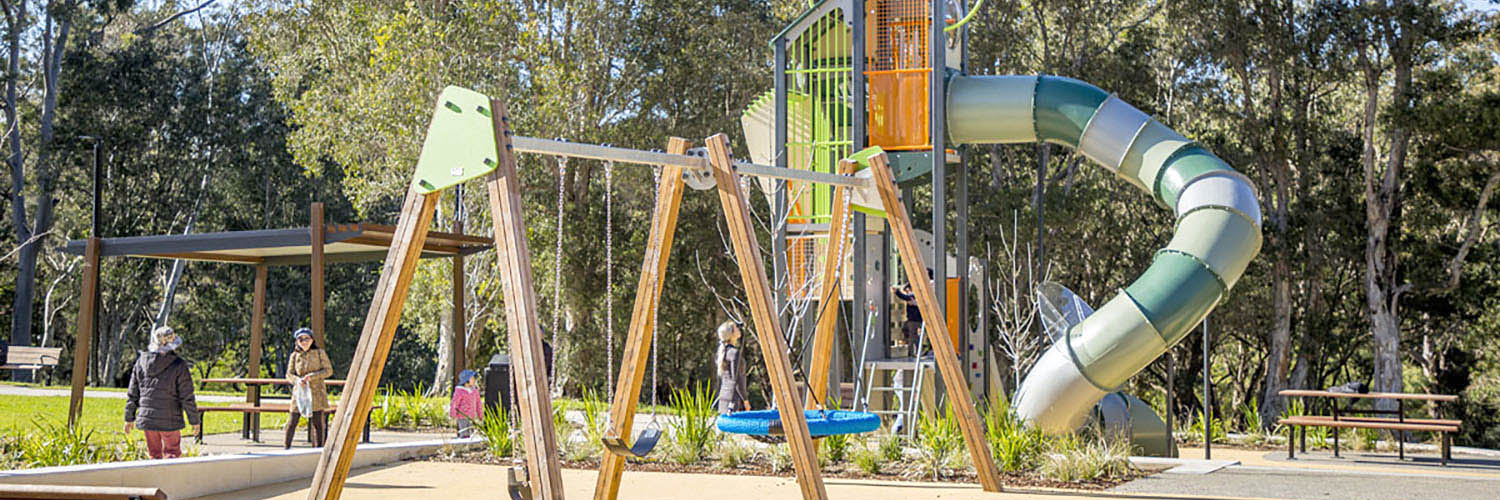Grants to support housing
Grant programs are an important way for the department to manage the housing supply pipeline to support growing housing needs.
Types of grant programs we manage or contribute to:
- help councils with strategic planning for new homes
- support the rezoning of land
- help speed up local development approvals.
Investing in new or existing infrastructure is crucial to meet the needs of growing communities. Investing in all stages of the infrastructure pipeline ensures councils and industry are supported to enable new homes and great places.
The 8 grant programs allocated funding in 2022 were:
- Accelerated Infrastructure Fund
- Parramatta Road Urban Amenity Improvement Program
- Housing Acceleration Fund
- Places to Roam
- Low Cost Loans Initiative
- State Voluntary Planning Agreements
- Metropolitan Greenspace Program
- Regional Housing Fund.
The programs helped progress:
Total funding
| Roads | Cycleways and Shared paths | Critical infrastructure (e.g. stormwater, drainage, electricity) | Open and Public Space |
|---|---|---|---|
| $210,253,584 | $28,533,190 | $177,930,879 | $86,464,620 |
| 34 projects supporting 88,041 dwellings | 36 projects supporting 96,861 dwellings | 37 projects supporting 74,318 dwellings | 46 projects supporting 120,132 dwellings |
*Information sources includes council data and DPE data and is accurate at the time of publication.
**This figure is approximate and takes into consideration that multiple funding programs are likely to be supporting single dwellings in some instances.
Case studies
We have compiled a series of case studies from across our grant programs to provide a snapshot of some of the housing-enabling infrastructure projects that we have invested in. The NSW Government’s funding is critical in supporting councils to meet growing housing demand in their local communities.
Read the 2022 Infrastructure Grants Case Studies.
In 2021 we committed over $442 million across 141 projects and 9 grant programs supporting the delivery of new homes and public and open spaces. The State Planning Agreements, Special Infrastructure Contributions, Housing Acceleration Fund, Low Cost Loans Initiative, Metropolitan Greenspace Program, Precinct Support Scheme, Parramatta Road Urban Amenity Improvement Program, Streets as Shared Spaces Program and NSW Public Spaces Legacy Program helped progress:
- roads > $89m
- cycleways and shared paths > $43m
- critical infrastructure > $36m
- public and open spaces > $256m
- land acquisition > $21m.
In 2020 we committed more than $265 million across 125 projects to invest in the infrastructure that makes better places.
To find out more about what we committed in 2020 and some of our infrastructure programs’ highlights, you can read Infrastructure Delivery in 2020 (PDF, 1.6 MB).
Infrastructure delivery in 2022
We’re investing in infrastructure to create new homes and great places for people to live across the state.
The funding and delivery of infrastructure is an essential part of planning for communities. Providing the correct infrastructure in the right place at the right time is crucial to support new housing our growing communities need and great places for people to live.
During 2022, the NSW Government made a major investment in infrastructure:
- allocating more than $500 million across 8 grants programs to facilitate 153 projects
- we expect this investment to support approximately 380,000 new or existing homes.
These projects will deliver critical housing-enabling infrastructure, open and public spaces, cycleways, shared paths and roads. Helping to create great places where people have easy access to all the things they need – community gardens, green spaces to relax, play and gather and a network of cycle paths and walkways.
We collaborated with councils, communities and the development sector on all the programs. During 2022, councils co-contributed $740 million towards the infrastructure programs to benefit local communities.
